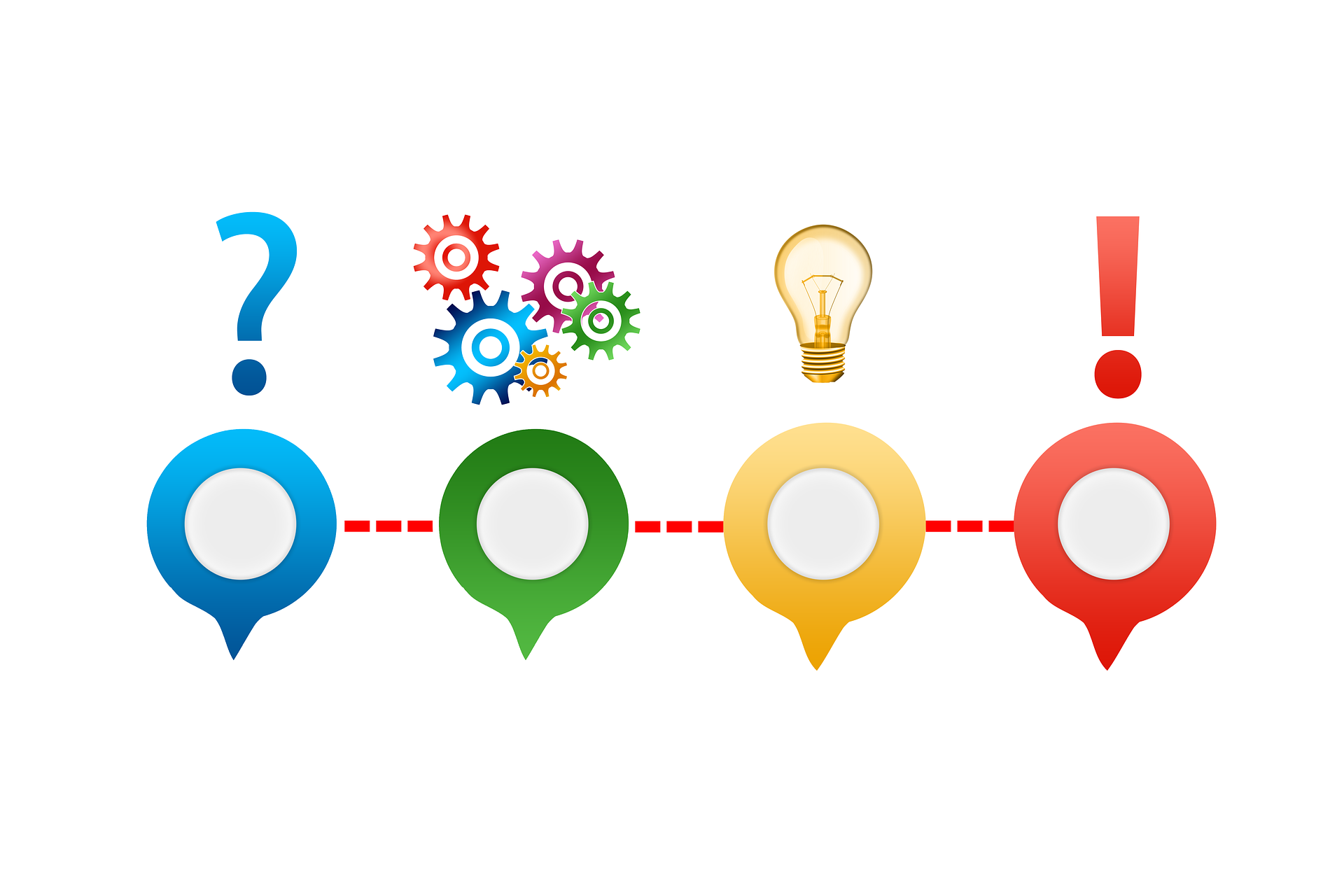You might be a beginner in the niche, still wondering what is event marketing? Worry not; here, you can learn all there is to know regarding an event marketing strategy. After all, it’s 2021, so it’s about time to get that competitive advantage and the leading position on the market.
What is Event Marketing?
Over time, marketing experts modified the event marketing definition. In the simplest terms, event marketing refers to all activities for promoting a brand, product, or service.
Event marketing can take online or offline forms or combine the two. According to Bizzabo, 97% of event marketers believe we will see more hybrid events in 2021. So, you might as well consider this opportunity.
As for the team, marketers might go for an inbound or outbound one. Essentially, there is no limit regarding the resources, timeframe, or subgoals of an event marketing strategy. Well, as long as the primary goal remains the same.
The Goal Of Event Marketing
All event marketing activities are oriented towards a single goal – to create a demand for an upcoming event. It doesn’t matter if you plan to host a webinar, virtual trade show, or conference; you need people to attend. In other words, you need a unique offer so that your company stands out in the crowded marketplace.

If you plan everything right, an event might turn out as your best marketing channel. People, or let’s say potential customers, value direct interaction. It sets the base for long and prosperous relationships. Most event marketers, or 61% in particular, believe that events are a critical marketing channel for meeting key business objectives, states Bizzabo. And here’s why!
The Benefits Of Event Marketing
Marketing teams should always understand that the definition of “what is event marketing” always comes with a high degree of flexibility. While one company might define it as one thing, another would understand it in another way.
And that’s the best part about this type of marketing. There are lots of variables to be defined, as marketers adjust the strategy according to their goals. For instance, one company might want to attract new customers, while another tries to retain its existing audience.

Furthermore, some organizations strive for “fast money” while others are oriented towards longer-term sustainability. But one way or another, most companies get the same benefits.
- Increase customer engagement
- Build brand presence and awareness
- Generate leads and grow your database
- Establish leadership and credibility
- Inform the market of your brand
- Increase sales and ROI
Learn From The Best Event Marketing Examples
Event marketing is not just about attendance. You cannot bundle up a couple of guest speakers, give up several freebies and call it a day. Event marketing is all about the customer experience.
It would help if you found a way to differentiate from the competition. When the attendees leave the event, they should feel fulfilled and willing to return to one of your future occasions.
Here’s where experiential marketing kicks in the picture.
What Is Experiential Marketing?
Experiential marketing refers to direct engagement, creative and memorable interaction with consumers. It’s escaping a cold dungeon in Castle Black to promote Game of Thrones next season or driving an Aston Martin across a frozen lake.
Experiential strategies might refer to live events or one-off installations lasting only a few hours. Either way, these are a great way to increase your ROI (return on investment).
Here, you can find several successful experiential marketing examples to inspire you for your upcoming event. However, keep in mind, experiential marketing always starts with understanding what works for your target. So, it must be unique!
Aston Martin
Back in 2014, the company granted a few of its customers a once-in-a-lifetime experience. They drove different Aston atop of slick winter ice, just like secret agents in James Bond movies. This program, “Aston Martin on Ice,” had a single aim – to help potential customers become acquainted with the manufacturer’s cars in winter conditions.
While only a few got to drive luxury cars, the company further extended its reach with a social media campaign. Aston Martin lifted its brand visibility significantly. In turn, they decided to turn this one-time event into a recurring one, happening once each year.
Coca-Cola
Coca-Cola created “small world machines” in India and Pakistan to set aside the fractured relationship between the two countries for a moment in 2013. They achieved this by setting the base for genuine human connection.
Coca-Cola set the machines in shopping malls. Whichever person passed by could participate in the experience. The machines had built-in cameras that allowed for face-to-face live interactions. In turn, people could work together, mirror each other’s movements, and so on.
With this campaign, Coca-Cola showed the world that event marketing could be more than promotion. It can also bring global change and positively impact the environment. Due to this, the company significantly improved its brand visibility and reputation. The press sure can recognize good potential.
HBO
HBO created a mega Escape The Room experience at SXSW 2017. It combined three separate rooms, each of which was dedicated to a popular HBO show – Game of Thrones, Silicon Valley, and Veep.
Escape The Room is a game that locks people inside a room. Then, they must solve a set of clues to escape. In turn, the company managed to engage with its visitors fully.
This event marketing strategy was incredibly successful because the company resonated with its audience, so you might as well do the same.
Final Thought
All things considered, event marketing can be a bunch of things used to promote your upcoming event or overall brand. It all depends on your target audience and the goals you wish to achieve in the short and long term.
You can create an online, offline, or hybrid event marketing strategy. You can use your in-house team or hire an outbound one. Furthermore, you can create one-time experiential marketing campaigns or prolong to recurring ones.
But, regardless of the variables, make sure to be unique and focus on your audience. Creating a demand for your event might take a bit of time and effort, but it sure pays out!






